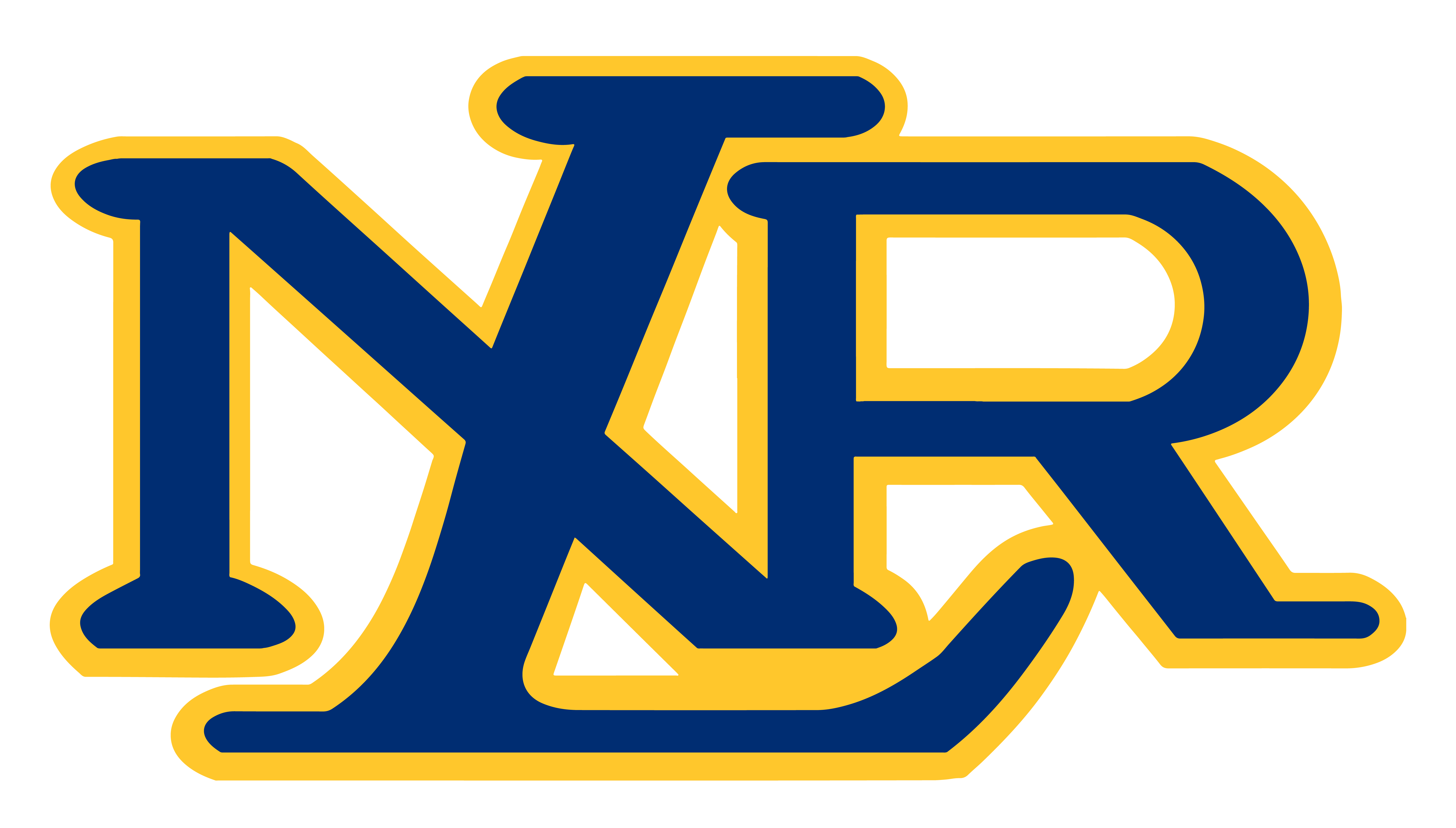CHAPEL HILL, N.C.— In Arkansas, North Little Rock Middle School will begin this fall using multi-classroom leadership—in which excellent teachers lead a teaching team, for more pay, within the regular school budget—as a pilot school for a statewide initiative to reach all students with excellent teaching.
Additionally, the district will begin using the Summit Learning Platform to personalize student learning. Summit Public Schools, located in California, created the platform to help students set and track goals at their own pace. The Arkansas Public School Resource Center (APSRC) introduced the platform to Arkansas educators and will support the implementation of it in 14 pilot schools across the state.
"By merging the principles of an Opportunity Culture with Summit’s nationally acclaimed blended-learning model, North Little Rock Middle School will ensure that its 1,800 students benefit from a team-based and supportive school climate," said Principal Lee Tackett.
“The Summit Learning Platform can make personalization easier for Opportunity Culture multi-classroom leaders and teams as they pursue high-growth learning for every student,” said Bryan C. Hassel, co-director of Public Impact, which leads Opportunity Culture.
With North Little Rock Middle, the national Opportunity Culture initiative now includes about 20 sites in eight states. State education officials in Arkansas plan to expand to more schools around the state in the 2018–19 school year.
In Opportunity Culture schools, a team of teachers and administrators at each school select models that use job redesign and age-appropriate technology to reach more students with high-standards, personalized instruction—one hallmark of great teachers. School teams redesign schedules to provide additional school-day time for teacher planning and collaboration, typically with accountable teacher-leaders called “multi-classroom leaders” (MCLs) leading teams and providing frequent, on-the-job development.
North Little Rock Middle will begin with multi-classroom leaders in sixth grade, with plans to expand to all middle school grades the following year. District and school leaders are now working with Public Impact to strengthen and scale up their initial design. As in other Opportunity Culture districts, a school design team that includes teachers will reallocate each school’s budget to fund pay supplements permanently, in contrast to temporarily grant-funded programs.
The middle school, the only one in the 13-school district, has about 100 teachers. Of its 1,800 students, about 61 percent are black, 29 percent white, and 7 percent Hispanic, with approximately 71 percent eligible for free or reduced-price lunch.
In this large school, the sixth grade functions essentially as its own campus. Its planned use of MCL-led teams is intended to create a grade-wide Opportunity Culture—placing all core content teachers on MCL teams. Most of the high-growth, high-poverty Opportunity Culture schools nationally cover core subjects schoolwide, and multi-classroom leaders work as a team to help each other lead.
The clearest comparative data on Opportunity Culture schools come from North Carolina. Fifty-nine percent of Opportunity Culture schools in North Carolina in 2015–16 exceeded student growth expectations, more than
double the percentage of N.C. schools overall at just 28 percent, according to school performance data from the state. Results are similar for high-poverty schools, which make up about two-thirds of the Opportunity Culture schools in North Carolina.
The Summit Learning Platform offers a customizable, teacher-developed curriculum aligned with state standards. Students progress at their own pace on it, with help from teachers and a mentor. Daily data show teachers, as well as students and parents, each student’s progress every day, so they can personalize
instruction to each student’s needs.
About Public Impact
Public Impact is a national organization whose mission is to dramatically improve learning outcomes for all children in the U.S., with a special focus on students who are not served well. We are a team of professionals from many backgrounds, including former teachers. We are researchers, thought leaders, tool-builders, and
on-the-ground consultants who work with leading education reformers.
Learn more about an Opportunity Culture on the OpportunityCulture.org website, which provides tools—all free—to build an Opportunity Culture, videos of teachers and principals, and related resources. Funding for development of resources to help schools design and implement Opportunity Culture models and support
teachers taking on new roles has been provided by national foundations.
Educators who have worked in Opportunity Culture schools are publishing a series of columns about their work on national news sites.
For more information, please visit www.OpportunityCulture.org. To arrange an interview with Public Impact, contact Sharon Kebschull Barrett at Sharon.Barrett@publicimpact.com; 919.929.4544.

